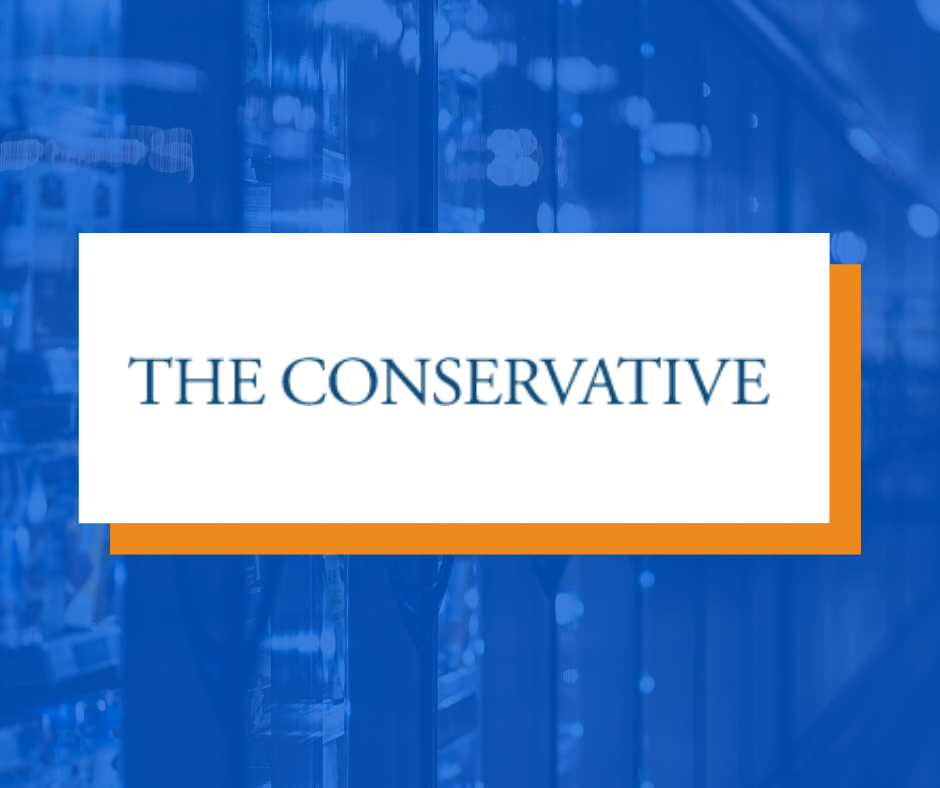With its good reputation, Germany is not only a role model in this but is also used to give more pressure and more legitimacy to the proposed legislation. It is difficult to avoid this responsibility….
The German government’s “NetzDG” bill is being harshly criticised. Operators of social networks are forced to delete content that violates German law within a short period of time. This creates an economic incentive – it is less risky to delete legally questionable content than to keep it published. Many fear that this would create a kind of “preventive censorship”, imposed by the state but ultimately enforced by a private company.
Despite the justified criticism, the NetzDG is enjoying international success. Along with cars, machines, chemical products and other high-quality products of the Federal Republic of Germany, the NetzDG is also an export hit. As a report published by the Danish think tank Justitia in 2020 points out, the NetzDG serves as an example for numerous laws passed in other states. As an institution, Justitia is primarily concerned with problems of the rule of law, human rights and civil liberties – and this is where the first problems begin.
In 2019, the think tank published a report showing that at least 13 states (and the European Union) have passed or are planning to pass similar laws, and in 2020 another 11 have joined them. Liberal states such as France, the United Kingdom and Australia are only in the minority; most are states with significant rule-of-law deficits.
For example, a similar law was already passed in 2017 in Belarus, where we have been observing protests against Lukashenko’s electoral fraud for weeks. Unlike in Germany, the law is “only” aimed at spreading false information. It is not difficult to guess that this is an attempt to restrict freedom of expression and, above all, to silence journalists who are critical of the government. According to the Augsburger Allgemeine Zeitung, the dictator referred to the German example of the NetzDG and the face of the law, Heiko Maas.
According to reports by Reporters Without Borders (RSF) and several rankings, Belarus is a state that has made the restriction of press freedom the norm. For example, alternative media in Belarus are forced to operate outside the country. In turn, such outlets’ correspondents do not receive state accreditation, which means they have to work illegally. RSF reported in November 2018 that at least 99 penalties had been imposed on journalists for lack of accreditation by that time.
In the Freedom On The Net Report 2020 by Freedom House (Justitia refers to the 2019 report), Belarus is rated “not free” with 38 out of 100 points.
Erdogan’s AKP also decided to adopt innovation. The ruling party passed a law that, according to an AKP representative, is based on the German NetzDG.
As a result of the law, social networks with more than one million users will have to hire employees in Turkey responsible for legal matters in the country. Besides, according to the report, operators must now store user data in Turkey. If the law is broken, they could face stiff fines of up to US$1.5 million, as well as other measures such as blocking and throttling from the affected websites.
Turkey has been criticised for its policy against press freedom. The Committee to Protect Journalists reported at least 68 journalists imprisoned in 2018, a sad global peak. In the Freedom On The Net Report 2020, Turkey scores very poorly. With a score of 35 out of 100, the country is classified as “not free”.
Another imitator of Germany is the Russian ruling party “United Russia” with the “flawless democrat” Vladimir Putin. The Justitia report says that already two weeks after the law was passed in Germany, there was a finished draft bill in the Russian Duma, which according to RSF, was more or less a copy of the German law.
As the report continues, Putin finally signed two laws on 18 March 2019 that impose penalties for spreading “unreliable information”. In addition, anyone who treats “society, the government, the official symbols of the government, the constitution, or parts of the government” with great disrespect online will also be punished. An institution authorised by the Russian state is empowered to notify the websites concerned, and if the content is not deleted, the sites may be blocked.
The official explanation paper of the Russian government referred to the NetzDG. The Kremlin claims that laws against fake news are standard in other European countries and are therefore also necessary in Russia.
Belarus, Turkey and Russia are, of course, not the only problematic states that have introduced the law. It is not the aim of this article to go through all of them. Still, the examples (Venezuela, Ethiopia, Mali, Morocco, Nigeria, Pakistan, Egypt, to name just a few) show the danger that is now being realised through the NetzDG.
The German state is not authoritarian but a democratic constitutional state. It is by no means the aim to accuse the German government of bad intentions. Effectively, however, it created a monstrosity that authoritarian regimes worldwide use as a template for laws that can and should restrict their citizens’ freedom of expression and the free exchange of information.
With its good reputation, Germany is not only a role model in this but is also used to give more pressure and more legitimacy to the proposed legislation. It is difficult to avoid this responsibility.
Originally published here.



